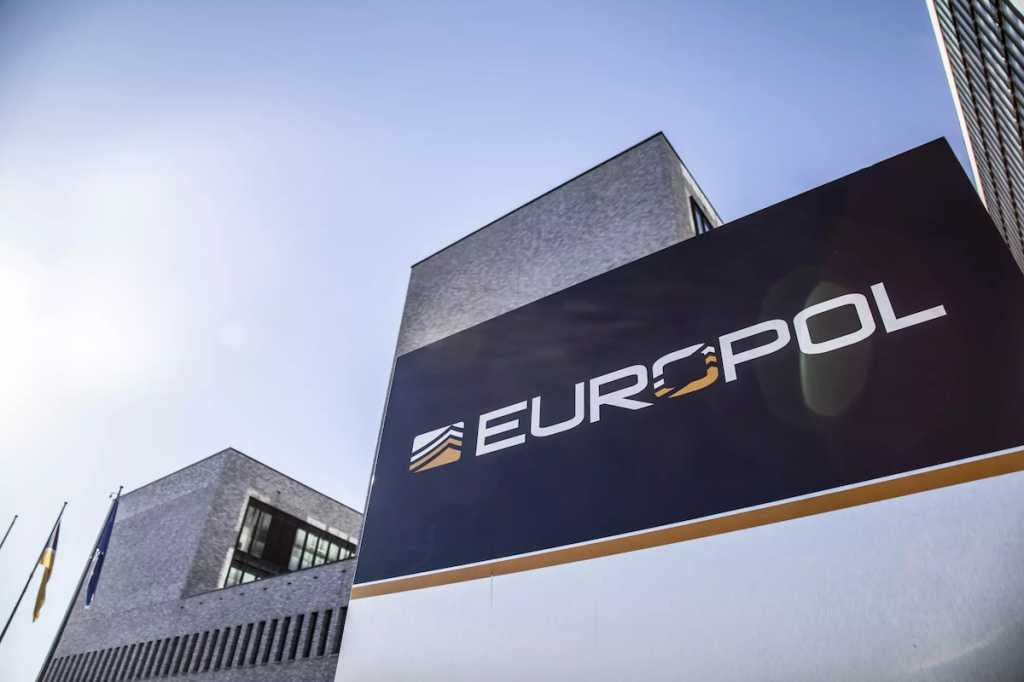In early 2020, EncroChat was one of the largest providers of encrypted digital communications, with a very high share of users presumably engaged in criminal activity, the authorities said. “User hotspots were particularly present in source and destination countries for cocaine and cannabis trade, as well as in money laundering centers,” according to the joint statement.
The French authorities decided to open a case with Eurojust in the Netherlands in 2019. Data related to the case was first shared with the Netherlands.
In France, where the operation took place under the code name “Emma 95,” the Gendarmerie set up a task force in March 2020 with more than 60 officers. In the Netherlands, the operation went under the code name “Lemont,” and hundreds of investigators — with authorization of the examining magistrate — constantly followed the communications of thousands of individuals in order to analyze and act on the intercepted data stream.
The interception of EncroChat messages came to an end on June 13, 2020, when the company realized that a public authority had penetrated the platform. “EncroChat then sent a warning to all its users with the advice to immediately throw away the phones,” Europol said.
EncroChat operations
EncroChat phones were advertised as guaranteeing perfect anonymity, with no traceability to users. “It also had functions intended to ensure the automatic deletion of messages and a specific PIN code to delete all data on the device. This would allow users to quickly erase compromising messages, for example at the time of arrest by the police,” Europol said.
In addition, the devices could be erased remotely by the reseller or a help desk. “EncroChat also sold crypto for around $1,100 (EUR 1,000) each, on an international scale. It also offered subscriptions with worldwide coverage, at a cost of $1,640 (1,500 EUR) for a six-month period, with 24/7 support,” Europol said.

